Mozambique’s commitment to fighting the “martyrdom” of corruption is unequivocal – president
Mediators “harmonising” government and Renamo positions – AIM report
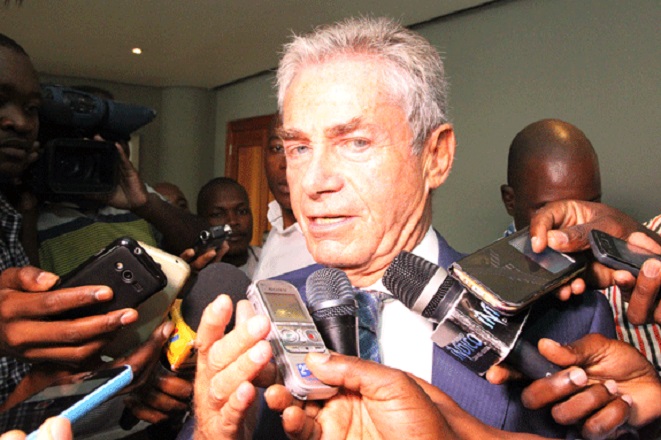
File photo / Mario Raffaelli
The international team mediating in the dialogue between the Mozambican government and the Renamo rebels are now “harmonising” the response from both sides to their proposals on decentralization, according to the coordinator of the mediators, European Union representative Mario Raffaelli.
The mediators have been meeting separately with the government and Renamo delegations, in the hope that a consensual position can be reached and then put before the Mozambican parliament, the Assembly of the Republic, for the necessary constitutional amendments and legislative changes.
Raffaelli told reporters on Thursday “we have had the reactions from both delegations, and now we are working on them. This is the second document we have delivered to the group. We wrote a first one, but they presented their initial reactions which obliged us to revise the document again”.
He stressed that the main objective is to harmonise the reactions from the government and Renamo so that a “consensual document” can be sent to parliament later this month. “The objective is to guarantee that the package on decentralisation should be submitted to parliament by the end of November, and at the same time declare a cessation of hostilities”, said Raffaelli.
He said that the mediating team has been working ceaselessly to achieve this result. But even if the document does reach the Assembly within the next week, ensuring time to debate it properly will be difficult. The Assembly sitting is due to end on 20 December, and much of the December sessions will be taken up with debating the government plan and state budget for 2017.
The original proposal from the mediators, leaked to the weekly paper “Savana” in early November, did not address the Renamo demand that it should be allowed to govern the six northern and central provinces where it claims to have won the 2014 general elections.
The mediators did not mention this Renamo claim, but made some more general proposals about provincial governance. The provincial government, the document said, “is headed by the Provincial Governor, chosen locally”. The use of the word “chosen” sidesteps the issue of whether the governors should be appointed or elected.
Under the current Constitution, adopted unanimously (including by the Renamo parliamentary group) in 2004, the President of the Republic appoints and dismisses the governors. Renamo is demanding the right to appoint governors in the six provinces it claims. The second opposition party, the Mozambique Democratic Movement (MDM), insists that the governors should be elected.
The mediators’ proposal sought to expand somewhat the powers of the elected provincial assemblies. Thus appointments of district administrators by the governor would have to be approved by the assembly. As happens already, the Assembly would approve the programme and budget of the provincial government, and would then monitor compliance.
Each province, the document continued, should be granted “a certain degree of financial autonomy to be exercised within the framework of the Constitution and the law, respecting the principles of budgetary stability, stability of financial relations, solidarity between the provinces, coordination, transparency and control”.
So far, it is now known what comments either side has made to the mediators’ proposal. Nor has any date been fixed for the long-awaited meeting between President Filipe Nyusi and Renamo leader Afonso Dhlakama.
The whole point of setting up a Joint Commission between the government and Renamo was to prepare for a face-to-face meeting between Nyusi and Dhlakama, but Dhlakama is now refusing to meet the President before all the matters in dispute between the two sides are resolved.


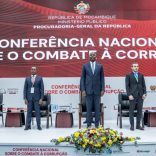
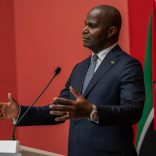
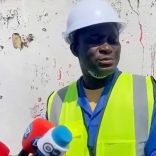
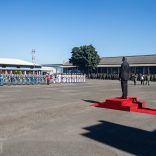
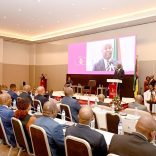



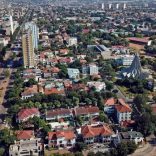

Leave a Reply
Be the First to Comment!
You must be logged in to post a comment.
You must be logged in to post a comment.